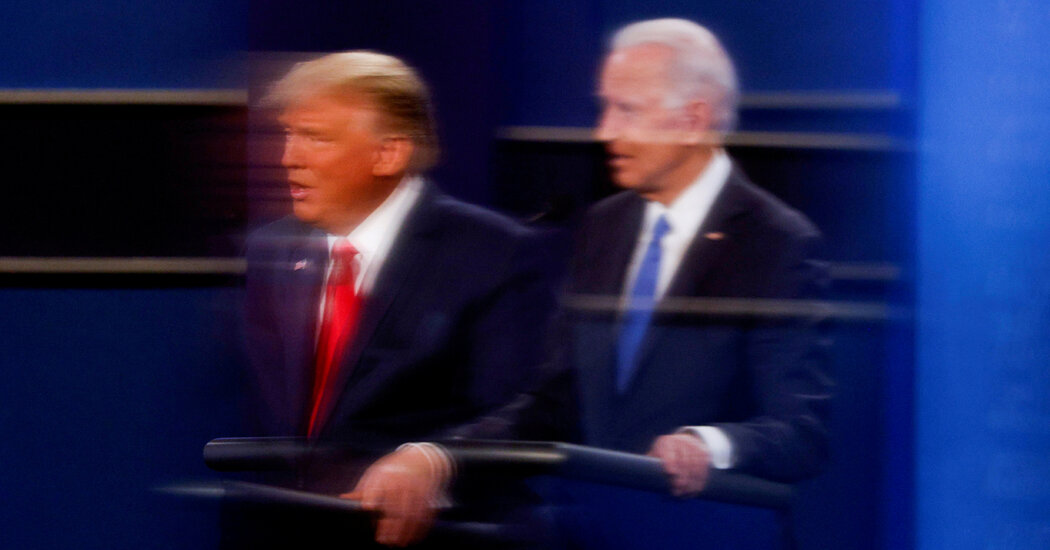It looks like the upcoming US presidential election will boil down to Biden vs. Trump. However, many people wish they had a third-party option. If you find yourself in this position, please resist the temptation and don’t vote for anyone else. Third-party options are alluring but disastrous.
To clarify, we are speaking about “No Labels,” a new group that’s threatening to launch a third-party campaign if they aren’t satisfied with the two primary party contenders. According to the group’s founder, Joe Lieberman, “The American people are so displeased with the choices of Presidents Trump or Biden that they want an alternative.” However, it’s essential to know that Lieberman is a former Democratic senator from Connecticut who bombed out as Al Gore’s running mate in 2000 and had a totally disastrous presidential run four years later. It’s hard to imagine him as someone with many answers.
Showing displeasure by voting for someone other than the two primary party candidates can backfire, as it happened in the 2016 election when a lot of people who were appalled by Trump voted for third-party candidates instead of Hillary Clinton, thereby handing Trump the key to victory via the Electoral College votes in Pennsylvania, Michigan, and Wisconsin. Clinton probably would have won if those voters had chosen her.
Many people support third-party options until they realize that those choices often alter the race in favor of the more inferior of the top two. Remember the Florida vote recount chaos of 2000 that determined the election? The Green Party nominee Ralph Nader received more than 97,000 votes in Florida, a state that ended up going for George W. Bush by just 537 votes. Nader’s candidacy gave people who were disenchanted with Gore a chance to express themselves, to feel better than those who voted for Gore, and to pick a President Bush, which subsequently led to a war in Iraq.
The dangers of third-party options also apply to congressional races, like the 2018 Senate contest in Arizona, where a Green Party candidate threatened to siphon off some of the Democratic candidate’s supporters, even though the Democratic candidate had a decent environmental track record. However, only a few days before the election, the Green candidate, Angela Green, encouraged her supporters to vote for the Democratic candidate, who narrowly won. As a senator, the same Democratic candidate became an unreliable Democratic supporter.
Politicians understand all too well how third-party options can influence elections. In 2020, a group of Montanans discovered that the Republicans had invested $100,000 to secure the Green Party’s placement on the ballot, presumably to drain votes from the former Democratic governor Steve Bullock when he ran for the Senate. Although this did not result in Bullock’s victory, it serves as yet another example of how too many options can work against candidates.
When Election Day arrives in the US, your most sensible course of action is to embrace the frustrating compromises that go alongside a two-party democracy and then stand up and fight for change. In short, vote! And then, it’s okay to enjoy a few drinks at home.















